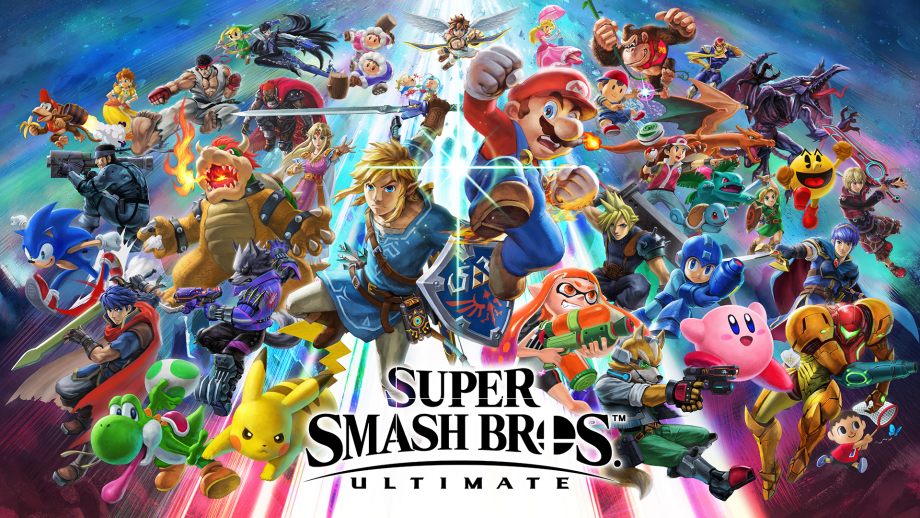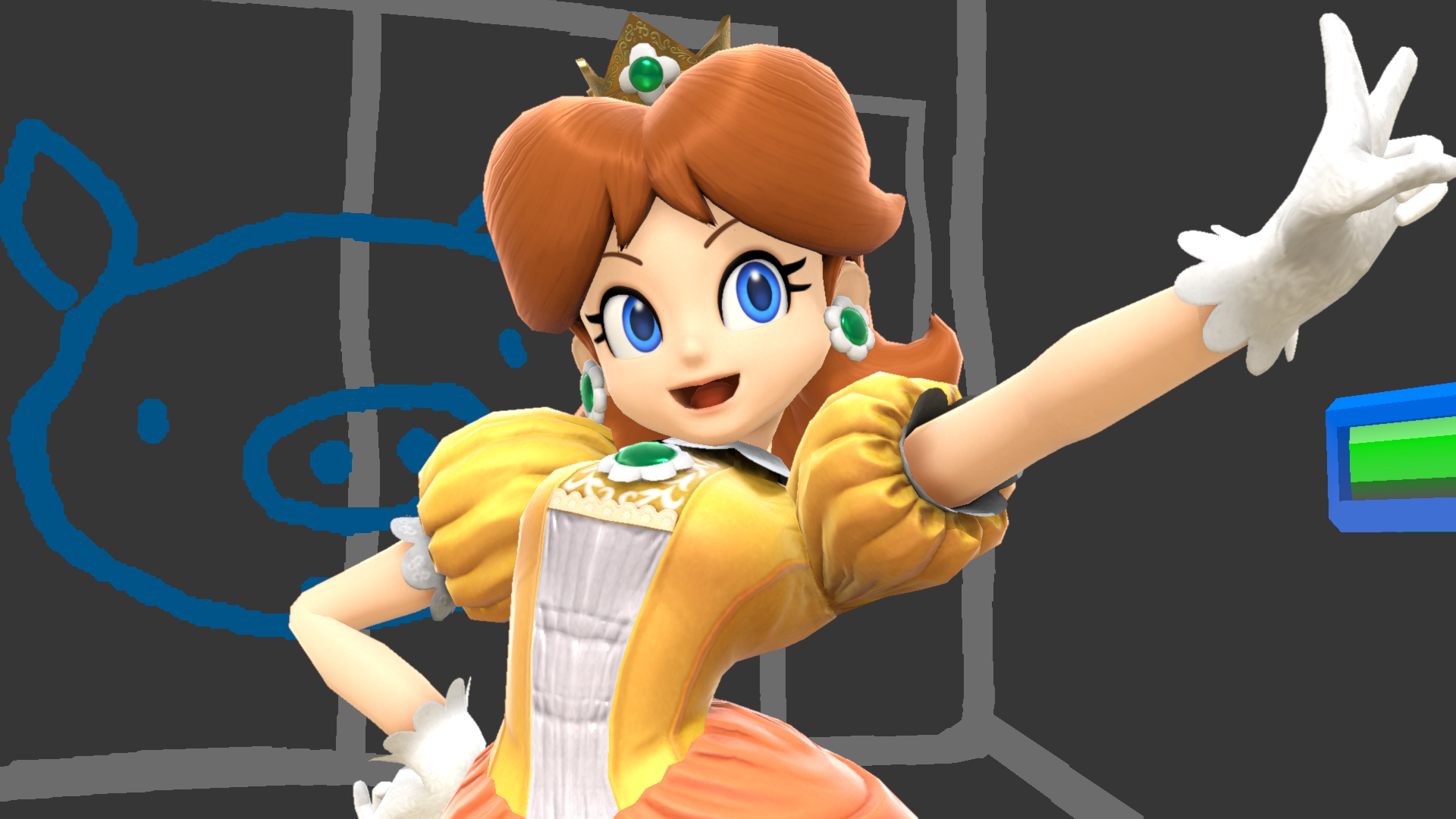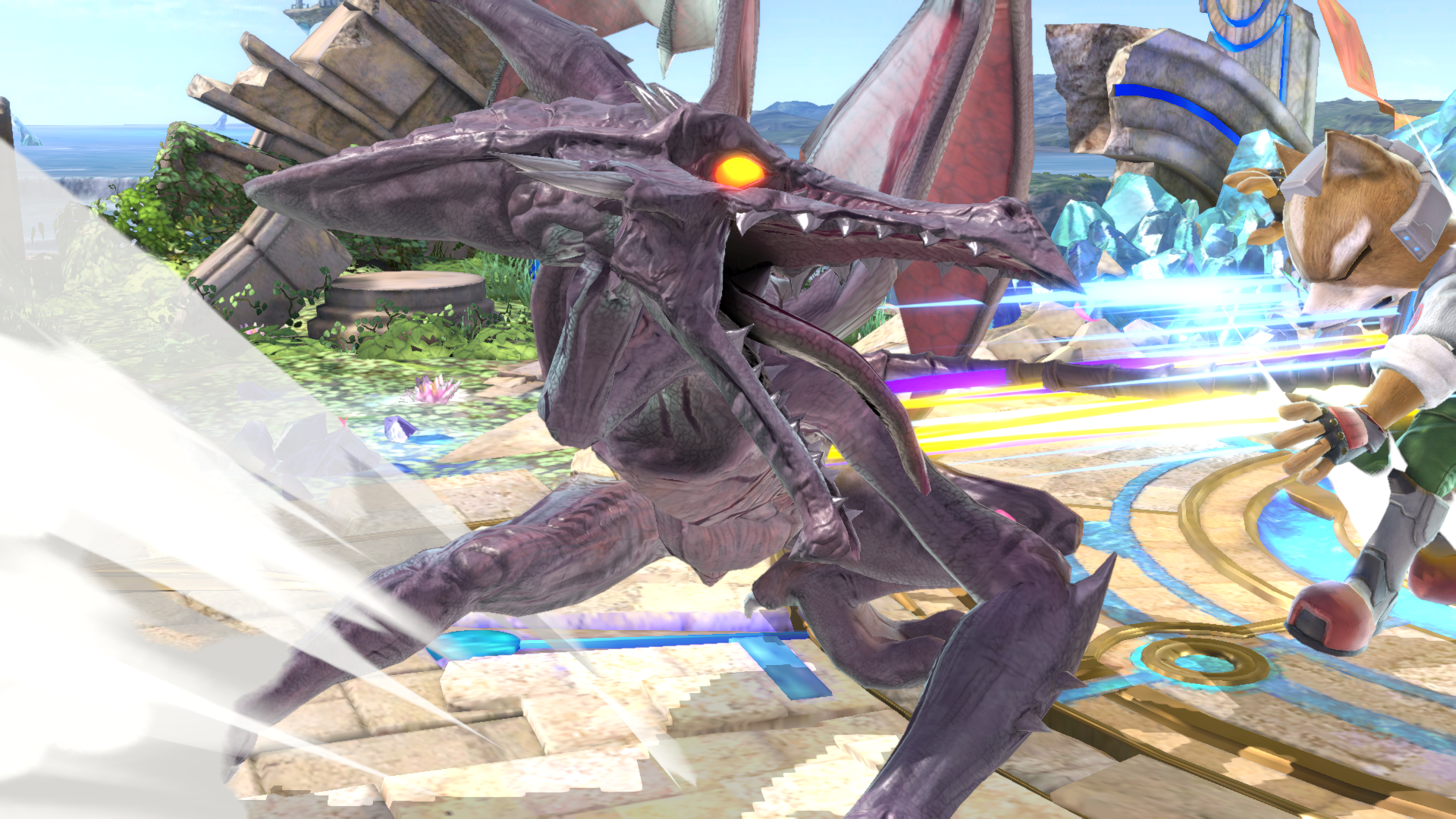Super Smash Bros. Ultimate Review
Super Smash Bros. Ultimate
It's every bit as ridiculous as you'd expect

Verdict
Super Smash Bros. Ultimate is the most refined Smash yet. There's a ridiculous amount of content here, local co-op is the best, but the other modes are a mixed bag.
Pros
- Great local multiplayer
- Superb roster of characters
- Great nostalgia hit
Cons
- Online multiplayer needs work
- The whole Spirits thing is confusing
Key Specifications
- Review Price: £48
- 71 characters from classic NIntendo and non-Nintendo games
- Local and online multiplayer
- Ryu, Simon Belmont, King K. Rool, even Pac-Man gets a look-in
- The best Smash Bros. game yet
What is Super Smash Bros. Ultimate?
Who’d win in a fight between Solid Snake, Pikachu, Pac-Man and Wario? That’s the sort of question that would keep me awake at night as a teenager. A question that caused arguments that rippled through classrooms and, years later, turned into steaming rows around pub tables. Thanks to Super Smash Bros. Ultimate finally arriving on the Switch, it’s an argument I can settle once and for all.
That Super Smash Bros. Ultimate exists is amazing in itself. Circumnavigating the mess that is licensing issues to bring a fighter where not only can those four characters – and the rest of the game’s 71-strong roster – feel fun to play, but they’re all handled in a deeply respectful way to the character’s original properties.
Ryu for example feels comfortable, almost familiar, as you sling Hadoukens around the place, while Mario’s cape-counter move, which turns enemies around on contact or reflects incoming projectiles, feels cheeky in a way that’s distinctly like everyone’s favourite platforming plumber.
Super Smash Bros. Ultimate probably shouldn’t exist, but it does. What’s more, it does so while feeling like a celebration of gaming history in a way that ‘classic’ console releases and an endless parade of remasters have never quite managed.

Daisy, Daisy, give us your answer do. Is Ultimate the bestest Smash Bros. ever?
As a fighting game, it’s largely the same as the previous entries in the series: several characters jump around the map trying to leather each other with their abilities, and scores of different items. Even the machinations of the stages themselves get involved, as they pivot and whirl as combat swirls across them. The only way to lose here is getting knocked from the stage and, with each hit, characters bounce around in a slightly floaty, ethereal way, until eventually they’re hit so hard they fly off the map or into a hole.
There’s a mode that gives everyone life bars if you feel the urge to play it like a traditional fighter, but it’s better to play it as a platform fighter, trying to nudge your opponents into holes or off the screen with every hit. This isn’t Street Fighter, or my beloved Injustice 2, but it also isn’t trying to be – it’s better to just embrace the sheer chaos Smash Bros Ultimate hands out.
There’s also a decent wedge of content here. Alongside the 71 characters there’s a ridiculous number of stages, music, items, assist trophies – characters that nip in to help for a few seconds, like the Moon from Majora’s Mask or Guile from Street Fighter – and little easter eggs. There are two significant single-player modes here as well: the classic adventure and the World of Light. The latter sees you fighting across an overworld as you try to rescue the spirits of several classic video game characters.
Super Smash Bros. Ultimate – what is the spirits system?
The new ‘Spirits’ system builds on the old stickers stat buffs we first saw in Super Smash Bros. Brawl in a big (and confusing) way. As you collect spirits, you can attach them like items to the character you’re currently playing as to help you gain a combat advantage. This is, arguably, Smash’s weakest area. The matches themselves are varied, including conditions that could involve the floor being made out of lava or fighting an incredibly large version of a character like Bowser or Mr Game & Watch. However, to get far in this you need to assign spirits for each fight, tweaking them for each fight.
The roster could also be another point of potential contention. While there are 71 characters at launch, opening the game for the first time presents you with just eight straight off the bat. The remaining 63 unlock through standard play and simply require you to play the game. Characters even unlock after multiplayer matches. I think it’s a nice system, and the buzz you get from unlocking a fan-favourite is real. There is a caveat, however. To unlock a character you have to beat them in a one-on-one fight, which means the Luigi I’ve been trying to best again and again for the last two weeks is still tantalisingly out of reach.

Great Scott! It’s Ridley! Samus’s long-time nemesis makes his Smash Bros debut and is one of the 63 characters you’ll get to unlock.
This will, no doubt, upset some people who want to come in and see the breadth and depth of the world in front of them, but, personally, I’ve always gotten a kick out of unlocking new characters in a fighting game, and that same warm and fuzzy feeling persists here.
Smash is at its best when it hews close to the core experience – getting a bunch of friends together on a sofa and leathering them – and suffers slightly when it moves away from that. The spirit system is no doubt going to provide an extra layer for hardened fans but, for me at least, it was incomprehensible. Unfortunately, it’s essential to engage with them during the single-player adventure mode if you want to progress.
The online mode is well-made, the highlight of which is the eight-person Battle Arena mode that lets eight people join a room to fight or spectate. It’s one of the most elegant ways I’ve seen a fighting game handle its multiplayer.
There’s a catch. Unfortunately, I had a wealth of connection issues whenever I wasn’t connected to my router via a (third-party, not included) Ethernet adapter, or laying next to a router. This often isn’t a realistic option when playing online, and it means I’m unlikely to dive too hard into the online mode because of these lag issues.
Super Smash Bros. Ultimate is at its best when you’re throwing down locally, and it gives the Nintendo Switch yet another excellent local multiplayer game. Playing on a single Joy-Con isn’t ideal – you lose access to a few different controls and some of my larger-handed colleagues struggled here – but it’s great to be able to snap out the controllers and quickly play a two-player match whenever the moment strikes.
Verdict
Super Smash Bros. Ultimate is the most refined Smash yet. There’s a ridiculous amount of content here and, if you’re a Smash Bros. fan you should absolutely buy this. Unfortunately, the game loses something when it’s about anything more than its core local multiplayer experience.


